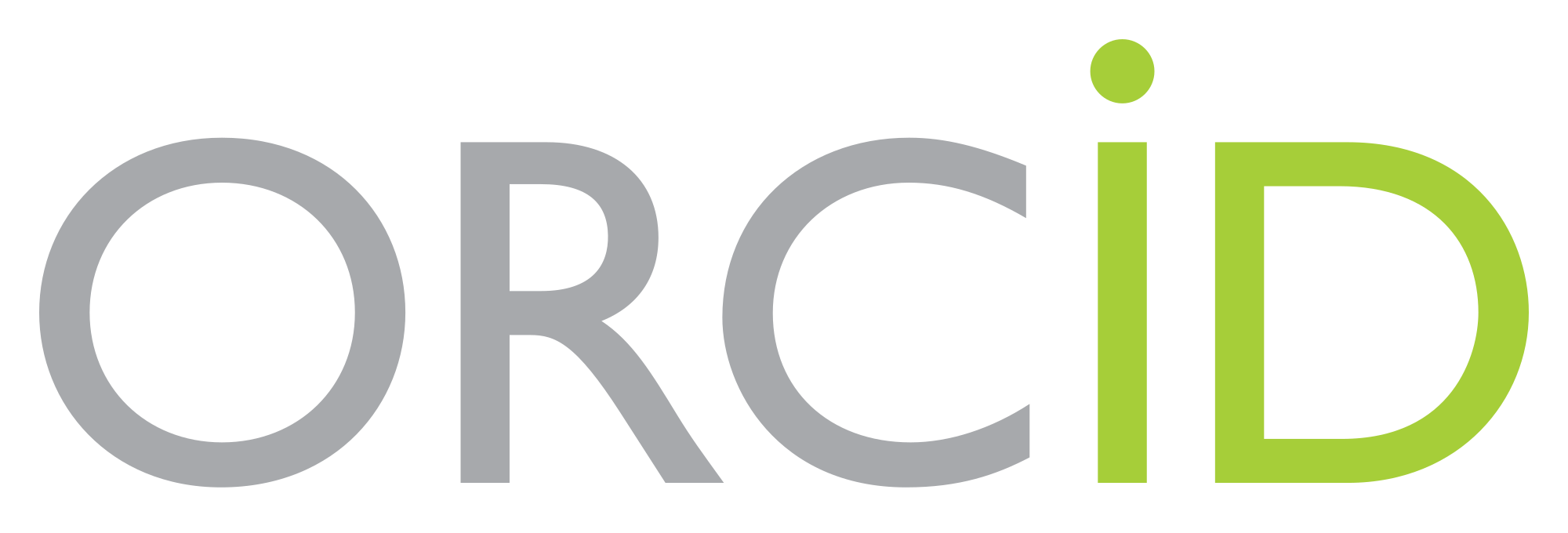The Internalization of
Democratic Values into Education and Their Relevance to Islamic Education
Development
(Synthetic, Analytic,
and Eclectic Implementation of John Dewey’s Thoughts)
UIN Ar Raniry, Banda
Aceh, Indonesia
Telah terpublish pada 2301
Copyright © 2015 American Scientific Publishers Advanced Science Letters
All rights reserved Vol. 21, Number 7 July, 2015
Printed in the United States of America
Copyright © 2015 American Scientific Publishers Advanced Science Letters
All rights reserved Vol. 21, Number 7 July, 2015
Printed in the United States of America
Author ID: 56958212300
Abstract
Democracy
is not only used as a political tool or instrument, but it can also be used in a
broader context: as a concept which projects ideal fundamental values and ways
of life that have historical significance, which need to be inherited into
education. Islamic education, so far, has paid attention only to the
normative-theological territory alone, and ignored the socio-historical
dimension. Thus, there is a need for a richer and more critical view on the
issue. This study aimed to shed light on the viability of the concept of the
internalization of John Dewey’s democratic values and to examine the relevance
of his thought. This study used the text interpretation or hermeneutics
approach employing descriptive, synthesis-analysis, and eclectic methods. The
findings show that the internalization could be done through impulse,
experience, communication and action. The findings also show that the relevance
of John Dewey’s thoughts to the development of Islamic education could be
established in the following aspects: the development of the basic philosophy
of Islamic education, the development of the role of human in Islamic education,
and the development of an Islamic education-based curriculum.
Keywords:
Democracy, Islamic education, internalization, relevance, John Dewey.
INTRODUCTION
The
idea and meaning of democracy is broader
and more complete than the one that has been simply interpreted as political ideas associated
with a particular country. The
ideas, meanings, and values contained within the
broader meaning of democracy
can be realized in all models of human life and associations, such
as in family, schools, industry, occupations, and religions (Boydston, (ed.), 1969: 325).
Besides, Dewey
(in Gerald L. Gutek, 1988: 85-86) confirms that the
role of democracy can be tied to the following two notions: first, as an
ideal concept, which requires an educated society to understand the social
tasks and the responsibility of political life. Second,
morality and values must be applied in their daily personal or individual,
political, social, and behavioral educational life.
Democracy as a way of life
has values that must be transferred and passed on to the following generations.
These values can be used as a guide in our efforts to revise the systems that are
deemed incompatible with the dignity of human beings. Such democratic
values can only be seen or observed in the arena of our social life. When social
inheritance is adequate, human dignity across generations will be preserved. Similarly,
the inheritance of democratic values through an applicable and effective
corridor becomes necessary. It is in this context that the concept of
democratic education is needed. For Dewey, an educational institution is one of
the most effective places in which the inheritance of democratic values can be
accommodated (Boydston, (ed.), 1969: 99).
AIM AND SCOPE
This
study focuses on the process of the internalization of democratic values, which
are universal in nature and on ways to look at the nature of this process in
detail. In addition, this study also focuses on the relevance of the
internalization of the values to the Islamic education development.
METHOD AND APPROACH
This
study used the descriptive, synthesis-analysis, eclectic methods of inquiry together
with hermeneutic approaches.
The use
of descriptive, synthesis-analysis and eclectic methods was intended to see and
understand the way of thoughts, concepts or meanings found in John Dewey’s
views. The views were analyzed critically for the purpose of locating complementary
and coherent concepts, which were actual and relevant to the Islamic education
context using inductive thoughts. It was hoped that more complete and more united
opinions about the issue could be found.
Finally,
using eclectic methods, the writer summarized the ideas or concepts, which were
found to be relevant to the purpose of this study, which is to promote the
healthy development of Islamic education by integrating relevant democratic
values, especially those in line with John Dewey’s line of thoughts.
CONCLUSION
The internalization of democratic values into Islamic
education can be done in four stages, namely: impulse (encouragement from
inside), experience, communication and action. In short, the integration of
democratic values into Islamic education development can be realized through the
development of the basic philosophical underpinning of Islamic Education, improving
the role of humans in education including the maximization of the essence and functions of an educated man as a creature of God, or the
development of a relevant Islamic education curriculum.
REFERENCES
[1]
Abdullah, Abdurrahman Saleh, Teori-teori Pendidikan dalam Al-Qur’an, alih bahasa: M. Arifin dan
Zainuddin, Jakarta: Rineka Cipta, 1994.
[2}Assegaf, Abd.Rachman, “Teori Pendidikan John Dewey
dan Muhammad ‘Athiyah al-Abrasyi (Studi Analisis-Komparatif)”, Tesis, Pascasarjana UIN Yogyakarta,
1994.
[3] Boydston, Jo Ann, (Ed) John Dewey, The Early
Works: 1882-1898, Carbondale, USA: Southern Illinois University Press,
1969.
[4]………, John
Dewey, The Middle Works: 1925-1953, Jilid, 9 Carbondale, USA: Southern
Illinois University Press, 1969.
[5] ………, John Dewey, The Later Works: 1925-1953,
Jilid, 2 Carbondale, USA: Southern Illinois University Press, 1969.
[6] Dewey, John (ed.), Experience and Education,
New York: Simon and Schuster, 1938.
[7] Dewey, John (ed.), Democracy and Education,
New York: Macmillan Company, 1964.
[8] ………, "Moral Theory and Practice," International
Journal of Ethics, I, Januari., 1891.
[9] ………, The Ethics of Democracy, Michigan:
Andrews and Company, 1888.
[10] .......,
Science of education, New York: The McMillan Co, 1934
[11] ………, "Self-Realization as the Moral
Ideal," Philosophical Review, II, Nov., 1893.
[12] Edman, Irwin,
John Dewey: His Contribution to American Tradition, New York: Greenwood Press Publishers, 1968
[13] Hook, Sidney
(ed.), John Dewey: Philosopher of Science and Freedom, New York: Barnes
& Noble, Inc., 1967.
[14] Langgulung, Hasan,
Asas-Asas Pendidikan Islam, Jakarta:
Pustaka al-Husna Baru, 2003.
[15 Quthb, Muhammad, Manhaj
al-Tarbiyah al-Islamiyah, Kairo: Dar al Syuruq, 1993.
[16] Ridla, Muhammad
Jawwad, Al-Fikr al-Tarbawiyah al-Islamiyah: Muqaddimah fi Ushulihi al-Ijtima’iyah
wa al-‘Aqlaniyah, Kuwait: Dar al-Fikr al-Arabiyah, 1980.
[17] Saifullah, Muhammad Quthb dan Sistem Pendidikan Non
Dikotomik, Yogyakarta: Suluh Press, 2008.
[18] ………, “Islam Dan
Demokrasi: Respon Umat Islam Indonesia Terhadap Demokrasi”, dalam Jurnal “Al-Fikr” terakreditasi nasional nomor:
51/DIKTI/Kep/2010, 5 Juli 2010, UIN Alauddin Makasar, Sulawesi Selatan. Volume
15 Nomor 3, September-Desember tahun 2011.
[19] Schilpp, Paul Arthur (ed), The Philosophy on
John Dewey, New York: Tudor Publishing Company, 1951
[20] Siddiqi,
Mohammad A., “Muhammad: Honour-Centered Morality”, dalam Clifford G. Christians
dan John C. Merrill (ed.), Ethical
Communication: Moral Stances in Human Dialogue, Columbia and Landon:
University of Missouri Press, 2009.
[21] Westbrook, Robert B., John Dewey and American
Democracy, USA: Cornel University Press, 1991












